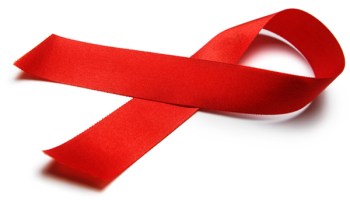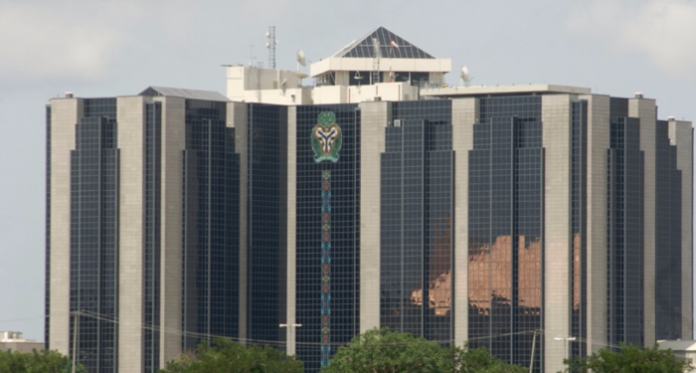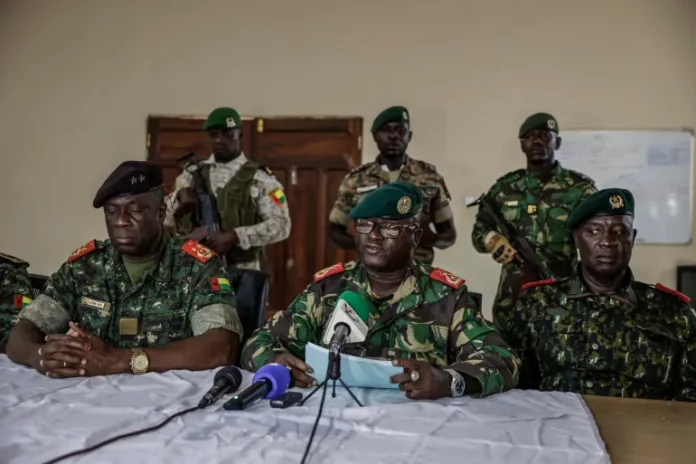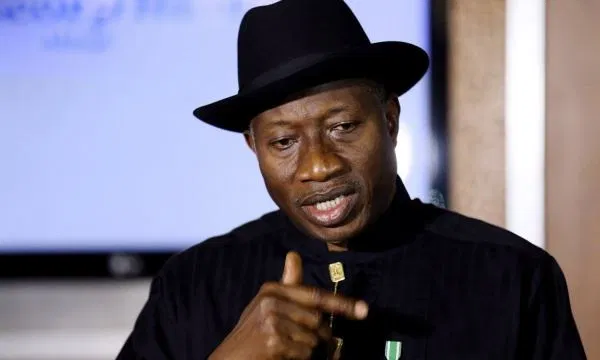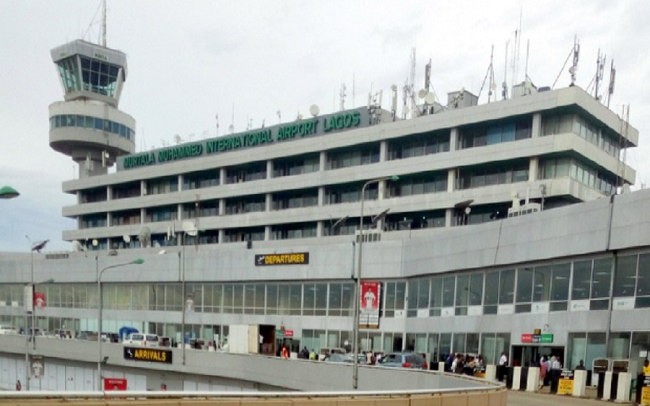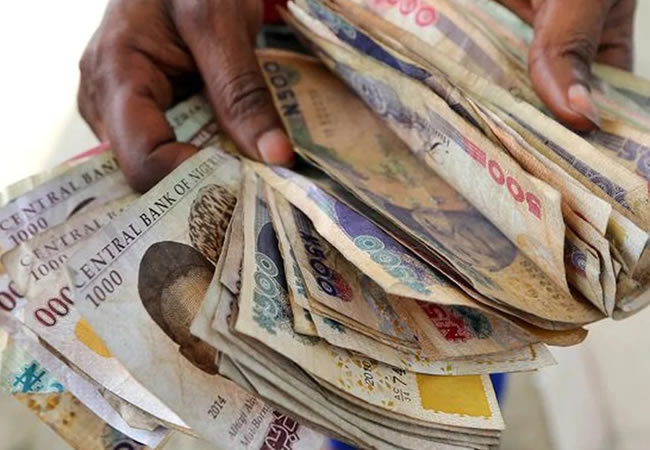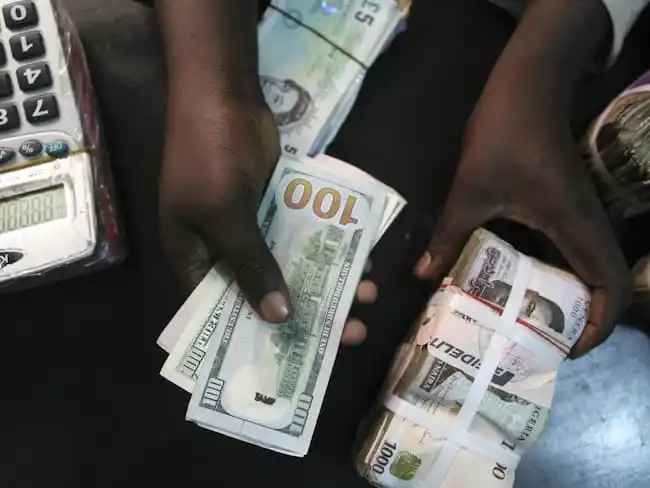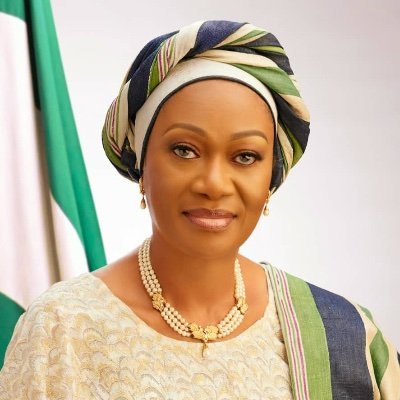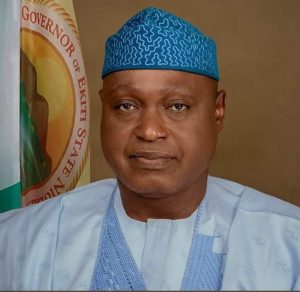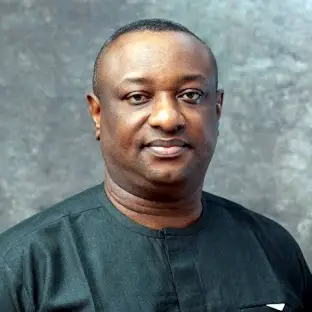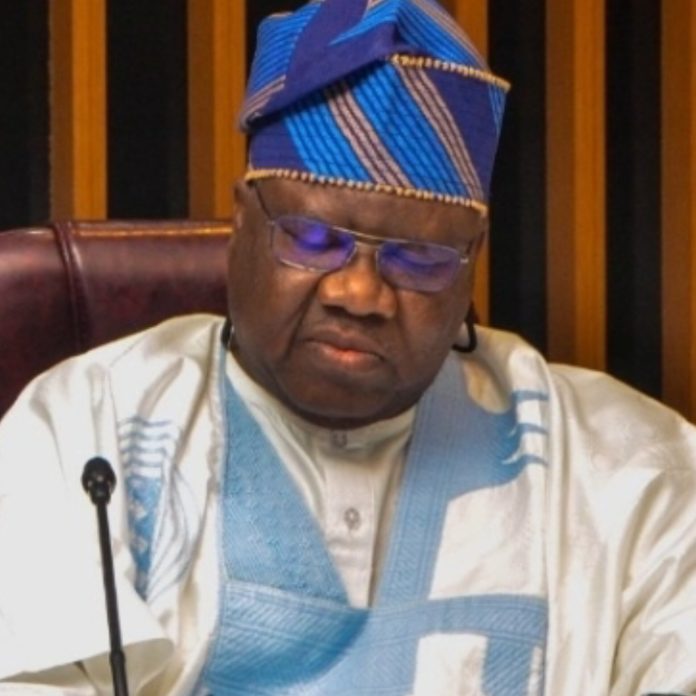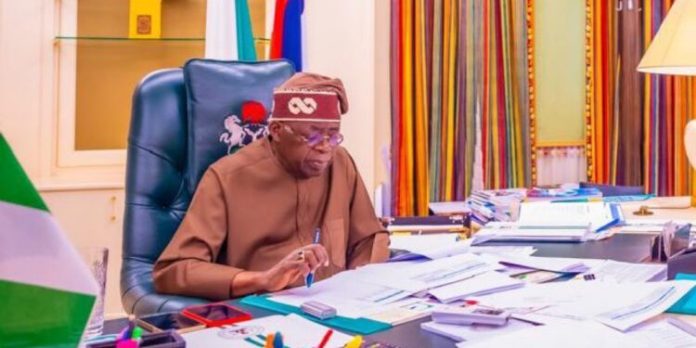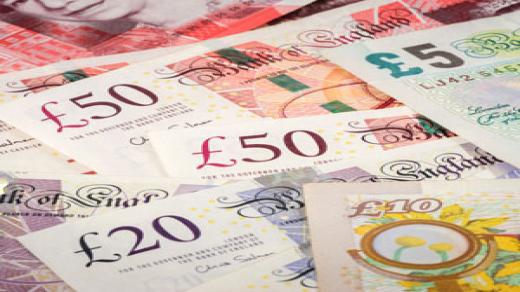The Lagos State Government has disclosed that an estimated 160,000 residents are currently living with the Human Immunodeficiency Virus (HIV), based on the latest data covering January to September 2025.
The Lagos State AIDS Control Agency (LSACA) revealed the figure during its World AIDS Day 2025 media briefing held on Thursday in Alausa, Ikeja.
Presenting the state’s progress report, the Chief Executive Officer of LSACA, Dr. Folakemi Animashaun, said 147,466 of those living with the virus are currently receiving antiretroviral therapy.
“As of January to September 2025, Lagos State currently has an estimated 160,000 residents living with HIV, of whom 147,466 persons are on antiretroviral treatment,” she said.
Animashaun commended Governor Babajide Sanwo-Olu for his continued support, noting that his administration’s commitment “strengthens both our health systems and community networks, ensuring that every effort to prevent, detect, and treat HIV is empowered and sustained.”
She said this year’s theme, “Overcoming Disruptions: Sustaining Nigeria’s HIV Response,” reflects the challenges encountered in Lagos, particularly following the Stop Work Order issued by the United States Government, which halted several community-level HIV interventions.
In March, The PUNCH reported that the U.S. Government terminated its agreement with UNAIDS as part of a broader review of foreign aid programmes ordered by President Donald Trump under the Executive Order titled “Reevaluating and Realigning U.S. Foreign Aid.” The directive triggered a 90-day halt to all foreign aid, significantly slowing HIV testing and counselling services in Lagos.
“These pauses in community activities slowed essential interventions, limiting access to testing, counselling, and psychosocial support,” Animashaun said, adding that vulnerable populations were hardest hit.
During the reporting period, the state conducted 222,415 HIV tests—representing only 28.9 per cent of the previous year’s testing output—underscoring how disruptions affected service delivery.
Animashaun noted that the decline “reinforces the need to sustain engagement, early testing, and strong community support.”
Despite the setbacks, she praised community groups for their swift adaptation, saying their dedication enabled the state to “regain lost momentum.”
Providing updates on LSACA’s ongoing Statewide Community HIV Testing Campaign, which began on 18 November, Animashaun said 9,943 residents have so far been tested, with a 2.0 per cent positivity rate, and all identified cases have been linked to care.
“Women are showing strong participation, particularly in Ikorodu, Badagry, Ojo, and Mushin, demonstrating the success of market-based and community-cluster strategies,” she said.
She added that positive cases have been detected across several local governments, reaffirming that HIV remains a major public health concern in Lagos.
Animashaun also highlighted intensified anti-stigma campaigns and outlined activities planned for this year’s World AIDS Day commemoration, including a Jumat service, a novelty football match, church outreach, a public awareness walk, and a stakeholder symposium.
“Together, we can sustain the HIV response for a healthier, stronger Lagos,” she said, calling for renewed collective action in the fight against HIV/AIDS.










